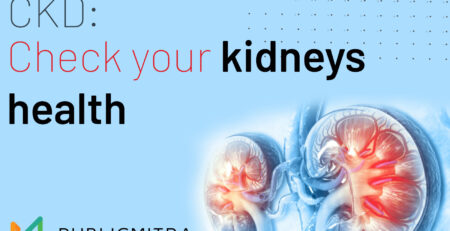Thyroid: Learning The Butterfly Gland
Introduction:
As humans evolved, the human body developed a few organs that possess mystique and significance – one of them is the thyroid gland. Nestled in front of our throats, like armor, this structure silently orchestrates a symphony of hormonal harmony, influencing our energy levels, metabolism, neurological or brain development, and overall well-being. Since its functions are multiple, we need to know how it works.
Thyroid hormones are a group of hormones produced by the thyroid gland. The two main thyroid hormones are triiodothyronine (T3) and thyroxine (T4), rT4 reverse thyroxine, fT4/fT3 free forms of the other hormones discussed above.
The thyroid acts along the hypothalamus-pituitary-thyroid axis. Thyroid hormone production and regulation are controlled by the hypothalamus and pituitary gland, which release hormones that stimulate or inhibit thyroid hormone production in response to the body’s needs.
Metabolism Regulation: Thyroid hormones are essential for the regulation of metabolism, which is the process by which the body converts food into energy. They help regulate the rate at which cells consume oxygen and produce heat, impacting the overall metabolic rate. i.e. the basal metabolic rate (BMR), an exothermic reaction.
Growth and Development: Thyroid hormones are crucial for normal growth and development, particularly during infancy and childhood. They are necessary for proper brain development, bone growth, and maturation of various body tissues.
Body Temperature Regulation: Thyroid hormones help regulate body temperature by influencing heat production and dissipation in the body. They play a role in maintaining a stable body temperature within a normal range.
Energy Production: Thyroid hormones influence the production and utilization of energy in the body’s cells by being a part of metabolic control. They help convert carbohydrates, fats, and proteins into usable energy, which in the end, provides us with the fuel to do work.
Cardiovascular Function: Thyroid hormones affect the cardiovascular system by influencing heart rate, cardiac output, and blood vessel function. They help maintain normal heart function and blood pressure regulation.
Brain Function: Thyroid hormones are crucial for normal brain function. They affect mood, cognition, memory, and overall mental well-being. Inadequate thyroid hormone levels can lead to cognitive impairment and mood disorders. In excess, it can lead to mania/ psychosis or, in low amounts, can lead to low moods/ depression.
Menstrual cycles: It can affect the flow of menstrual blood by the above-said vascular action and regulation.
Metabolic Disorders: Imbalances in thyroid hormone levels can lead to various disorders. Hypothyroidism occurs when the thyroid gland does not produce enough thyroid hormones, resulting in symptoms such as fatigue, weight gain, and cold sensitivity. Hyperthyroidism, on the other hand, occurs when the thyroid gland produces excessive thyroid hormones, leading to symptoms such as weight loss, rapid heartbeat, and heat intolerance.
Poorly regulated thyroid/ dysfunctional thyroid can be caused due to an underlying thyroid nodule which can be benign or malignant in nature.
If you suspect any hindrances in the above functions, consult with a health care professional/ endocrinologist and get the necessary treatment.












